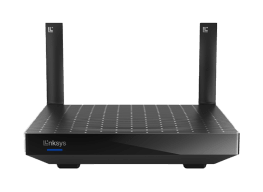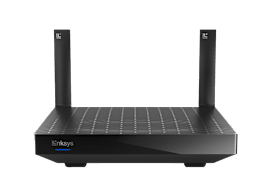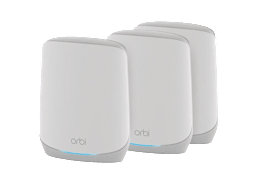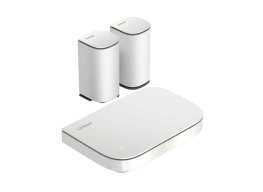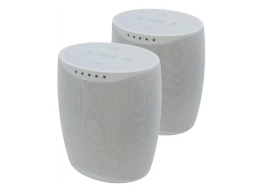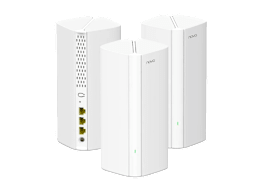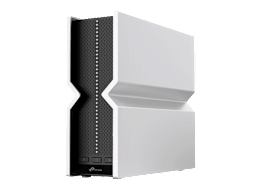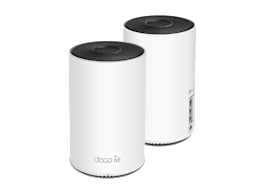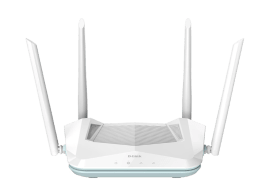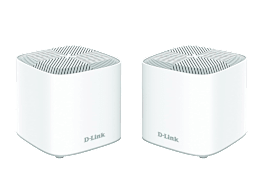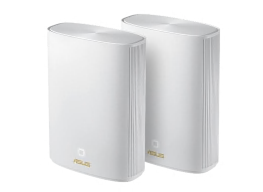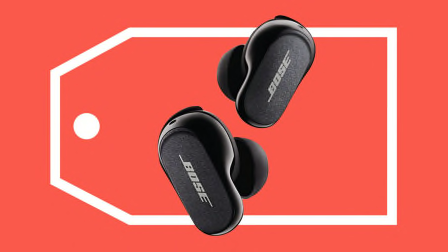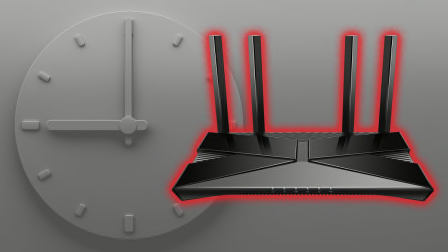Best Wireless Routers of 2024
Say goodbye to WiFi dead zones and hello to an easier setup and stronger security with routers from Linkys, Netgear, TP-Link, and more
When you shop through retailer links on our site, we may earn affiliate commissions. 100% of the fees we collect are used to support our nonprofit mission. Learn more.

Your WiFi router is responsible for handling all of the data that flows into and out of your home through your internet service provider (ISP).
The best routers in Consumer Reports’ ratings keep things humming along, relaying content from services like Netflix, Disney+, and Xbox Game Pass without a hitch.
Best Mesh Routers
Mesh routers are generally more expensive than singe-unit routers, but they do a better job of spreading WiFi throughout your home, helping to reduce dead zones and connection drops.
Best Single-Unit Routers
You can typically find a single-unit router on sale for less than the cost of a mesh router setup, and it may be all you need for reliable WiFi, especially if you live in a modest home.
How We Test Wireless Routers
Every model in our ratings is tested by the expert technicians in our labs, just north of New York City, where we try to simulate a typical home environment, measuring the throughput (which might be thought of as the router’s “speed”) at three distances: 8 feet, 20 feet, and 55 feet.
We take into account how easy the router is to set up and manage (which nowadays is often done with a smartphone app); whether it has useful features like built-in Ethernet and USB ports, and parental controls; and the quality of service, a technology that helps prevent your video calls for work from being interrupted by other traffic on the network.
We also evaluate the router’s data privacy policies and whether the model automatically updates with the latest firmware, which can help keep you and your data safe.
WiFi Standards Explained
As laptops, phones, and other internet-connected devices proliferate in our homes, the WiFi standards employed by routers are routinely upgraded to make sure the devices keep pace with the traffic. Here’s a look at what the current options have to offer.
WiFi 6: Introduced in 2019, this standard improved transfer speeds and reduced latency.
WiFi 6E: Introduced in 2020, this standard greatly improved speeds in dense locations like apartment buildings by opening up a new part of the wireless spectrum known as the 6GHz band to WiFi devices.
WiFi 7: Introduced in 2024, this standard further improves data transfer speeds and latency by enabling devices to send data across multiple bands (2.4GHz, 5GHz, and 6GHz) at the same time.
You may sometimes see these standards referred to by their more technical names: WiFi 6 as 802.11ax, WiFi 6E as 802.11axe, and WiFi 7 as 802.11be. We use both naming conventions in our ratings.

















